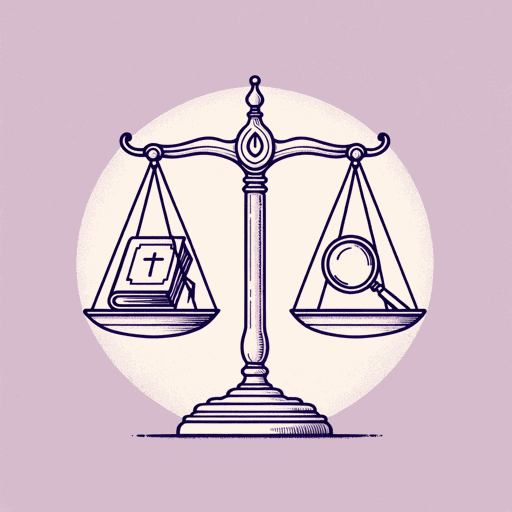66 pages • 2 hours read
Lee StrobelThe Case For Christ
Nonfiction | Book | Adult | Published in 1998A modern alternative to SparkNotes and CliffsNotes, SuperSummary offers high-quality Study Guides with detailed chapter summaries and analysis of major themes, characters, and more.
Themes
Truth and Belief
In his Introduction, Strobel makes The Case for Christ’s central theme clear: he intends to embark on a “quest for truth” (17)and uncover the facts about Christianity. By applying “categories of proof” (17)like psychological evidence, scientific evidence, and circumstantial evidence to the Bible, Strobel wants to determine whether Christianity is what it claims, or if it is just a set of mythological beliefs with no real basis in truth.
But what does Strobel mean by “truth”? According to Merriam Webster, “truth” has two separate definitions. On the one hand, “truth” means to be in accord with fact or reality. This means that truth is something objectively verifiable, since a fact is something that is has actual existence. This is a complicated way of saying that the first definition of truth hinges on it being observably and verifiably factual. Strobel tries to link Christianity to this definition of truth as much as possible in order to form a convincing argument. For instance, the evidence Strobel presents through his interview with Dr. Edwin Yamauchi fits this category. When Strobel asks Yamauchi for historical, secular evidence that substantiates aspects of the Bible, Yamauchi is able to produce literal, physical texts that can be touched, seen, and read.


